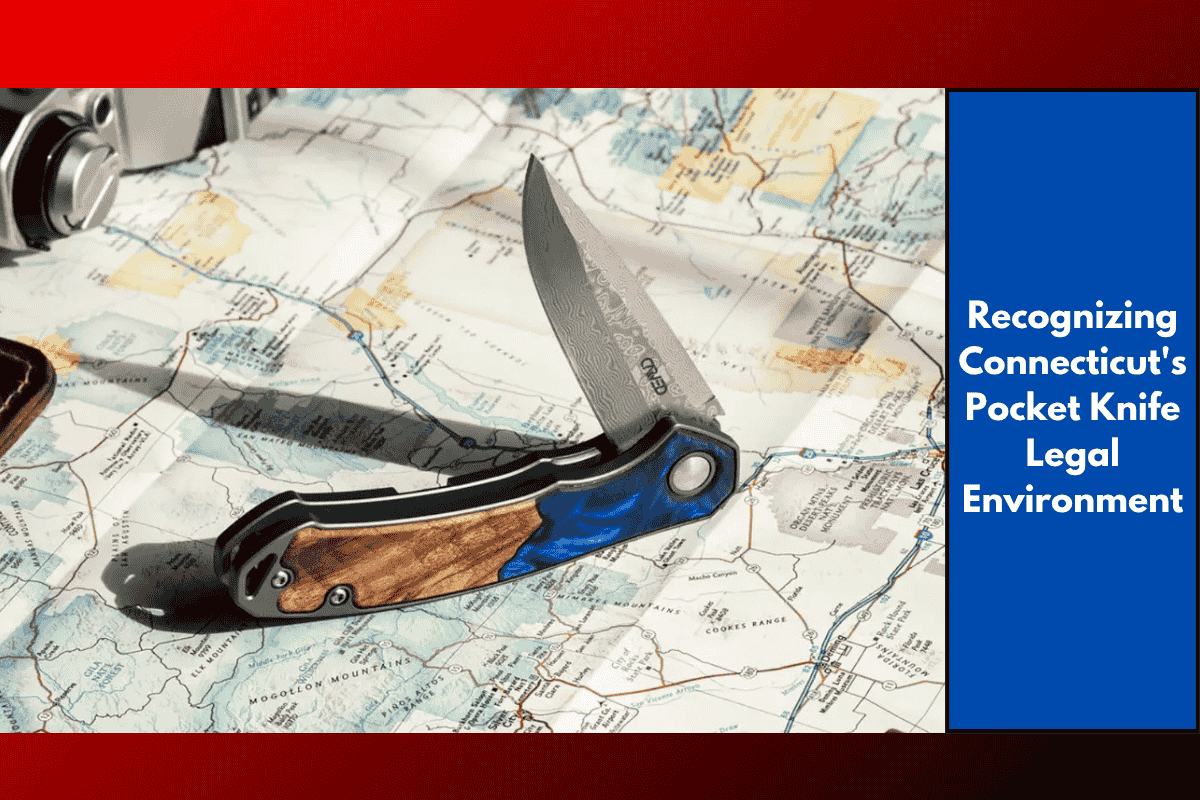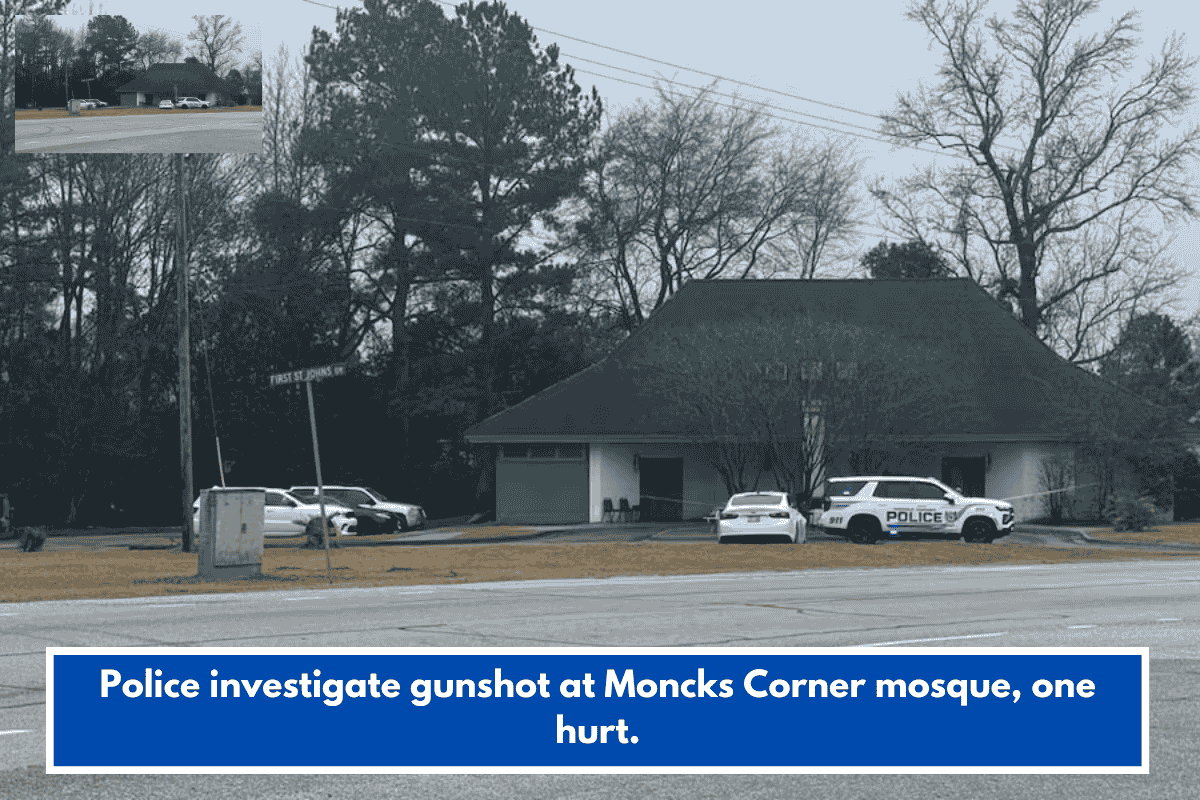In Connecticut, like in many other states, the legal environment surrounding the ownership, carrying, and use of pocket knives is shaped by a combination of state laws, local ordinances, and legal precedents. Whether you’re a resident, visitor, or enthusiast, it’s important to understand Connecticut’s rules and regulations regarding pocket knives to avoid running afoul of the law. This guide explores the legal environment of carrying and possessing pocket knives in Connecticut.
Are Pocket Knives Legal to Own in Connecticut?
Yes, pocket knives are legal to own in Connecticut. As an individual, you can purchase and possess a pocket knife without a permit or special license. However, as with many other states, there are legal limits to how and where you can carry these knives, especially regarding concealed carry and public spaces.
Types of Knives and Legal Considerations
Different types of pocket knives, such as folding knives, switchblades, or dagger-style knives, are treated differently under Connecticut law. Here’s a breakdown of what is and isn’t allowed:
Folding Pocket Knives: Standard folding knives or pocket knives with a blade that can be manually opened are legal to own and carry in Connecticut. These knives typically fall under general possession laws, as long as they are not used in a manner that could be considered illegal or threatening.
Switchblades: Connecticut has specific laws about switchblade knives (those with blades that open automatically with the push of a button). As of recent legislative changes, switchblade knives are legal to own and carry in Connecticut, provided they meet certain conditions. However, they may still be subject to restrictions in specific places, such as schools or government buildings. These laws have evolved over the years, so it’s always good to check for any recent amendments or changes.
Dirk Knives and Daggers: Dirk knives, daggers, and knives with double-edged blades are often treated more strictly under the law. If they are carried in public with the intent to use them as weapons, it may violate laws related to dangerous weapons.
Carrying a Pocket Knife: What the Law Says
Carrying a pocket knife in Connecticut is legal in most situations, but there are certain conditions where it may become illegal, particularly when concealed carry and intent to use the knife as a weapon are involved.
Concealed Carry: Connecticut law generally allows you to carry a pocket knife, but concealed carry of certain knives might lead to legal issues. While knives such as folding pocket knives are legal, carrying them concealed could raise suspicion if they’re carried in a manner that’s deemed to be dangerous or aggressive. If a knife is concealed and the carrier does not have a valid reason for carrying it, there could be grounds for a charge under Connecticut’s laws against carrying dangerous weapons.
Open Carry: You can openly carry a pocket knife in most public areas. However, you should always be mindful of the context—carrying a knife in an aggressive manner, particularly if you’re in a confrontation, can be considered threatening and could result in charges related to disturbing the peace or unlawful carrying of a weapon.
Carrying with Intent: If you are carrying a knife with intent to use it as a weapon or for unlawful purposes, you may face criminal charges. Connecticut law prohibits the possession or carrying of any knife with malicious intent or with the purpose of committing a crime. The intent of the knife’s use plays a key role in determining whether it’s lawful to carry.
Where You Cannot Carry a Pocket Knife
Although pocket knives are legal in most places in Connecticut, there are certain locations where carrying any type of knife is prohibited:
Schools: You cannot carry any knife, including pocket knives, on school grounds. The law is strict when it comes to the possession of weapons (including knives) on school property, with serious penalties for violations.
Government Buildings: Connecticut law prohibits carrying knives into government buildings, including courthouses, police stations, and certain public offices. If you’re visiting a government facility, it’s wise to check their specific rules on weapons and knives.
Private Property: Property owners have the right to establish their own rules regarding the carrying of knives on their premises. If a store or business prohibits knives, you must comply with those rules or face being asked to leave or be charged with trespassing.
Penalties for Violating Connecticut’s Knife Laws
The penalties for violating Connecticut’s knife laws vary depending on the specific violation. Common penalties include:
Misdemeanors: Carrying a knife in a prohibited location or without a lawful purpose can result in a misdemeanor charge, which may include a fine or short jail sentence.
Felony Charges: In certain situations, such as when a knife is carried with the intent to use it unlawfully or when it’s used in a crime, the individual can face felony charges. Penalties can include significant fines and longer prison sentences.
Fines: Fines for violating knife-related laws can range from modest amounts to thousands of dollars, depending on the circumstances and severity of the violation.
Is It Worth Having a Pocket Knife in Connecticut?
For most people, owning a pocket knife in Connecticut is legal and practical. It’s a useful tool for a variety of purposes, from everyday tasks to outdoor activities. However, if you decide to carry a knife regularly, it’s important to:
Understand local regulations and restrictions.
Ensure that the knife is carried in a legal and safe manner.
Be aware of where it’s appropriate to carry and use the knife.
In Connecticut, pocket knives are generally legal to own and carry, but there are specific regulations to keep in mind. The law distinguishes between different types of knives, including folding pocket knives, switchblades, and dangerous weapons. While most people can legally carry a pocket knife, it’s important to be cautious about where you carry it, whether it’s concealed, and your intentions. By staying informed about Connecticut’s knife laws, you can enjoy the use of your pocket knife without running into legal issues.
SOURCES
[1] https://nobliecustomknives.com/us-knife-laws/connecticut-knife-laws/
[2] https://ravencresttactical.com/connecticut-knife-laws/
[3] https://www.akti.org/state-knife-laws/connecticut/
[4] https://www.cga.ct.gov/2007/rpt/2007-R-0346.htm
[5] https://edc.ninja/connecticut-knife-laws/














